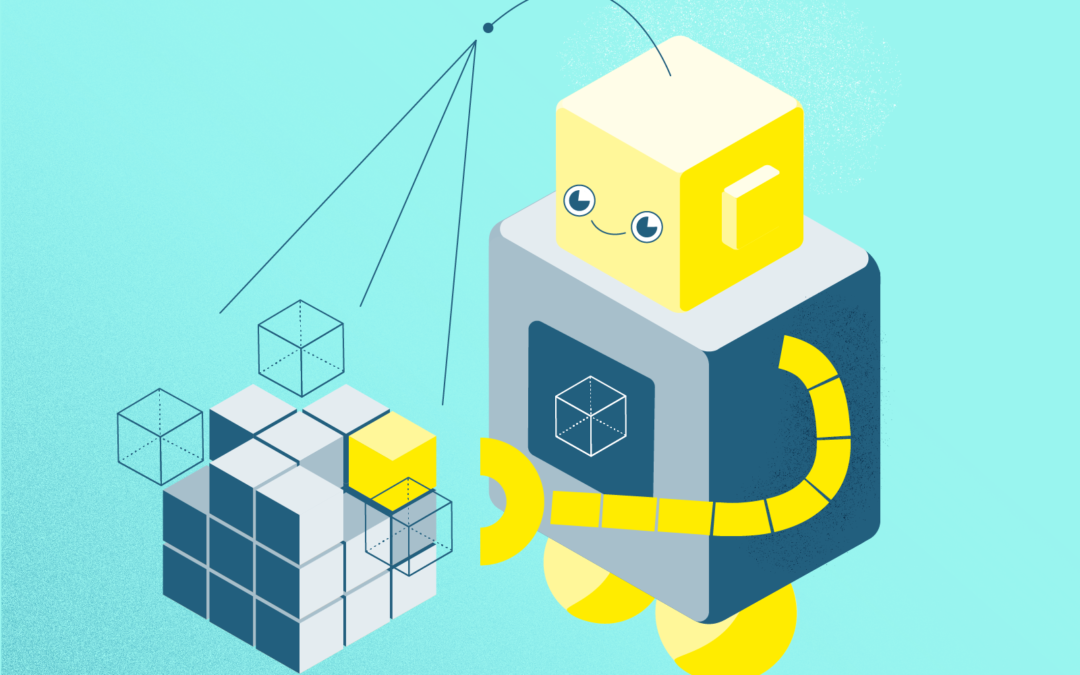Working life is rapidly renewing with digitalisation and emerging technologies. According to the World Economic Forum’s Future of Jobs 2020 report*, by 2025 most companies’ employees will need new skills. Companies should therefore take a proactive approach to the challenges posed by the transformation and integrate competence development into their strategy. The critical competence needs of the future can be identified in an agile way through Intolead’s Future skills process. The quick and effective method will help create a concrete plan for developing future skills at the team level.
Towards a culture of lifelong learning
How can companies respond to the changing job demands caused by the turmoil of working life? By actively promoting a culture of lifelong learning in the work community. This is one of the most important aspects in utilizing and managing competence in organizations. However, the adoption of lifelong learning requires an attitudinal and cultural change in our relationship with learning.
On-the-job learning has been talked about in working life for a long time, but in practice formal education still seems to dominate, and often also employees expect that. It is therefore necessary to further strengthen future skills and awareness of the need for continuous development and learning. Supporting self-direction is also essential: developing competence is everyone’s responsibility, not just the employer’s or the supervisor’s.
When competence development is integrated into strategic planning, it is directly linked to the direction and goals of the organization. In addition to the actual core competencies, companies should also develop the meta-skills of their personnel. These include, for example, the employee’s ability to manage their own work processes, manage hurry, take advantage of digital tools, communicate and network effectively, try new ways of working, and solve problems creatively. These skills support everyday learning, adoption of something new and wellbeing at work. They support both the individual, the work community and the company, and build the capacity for change and confidence in the future.
Competences and competence needs highlighted through systematic Future Skills work
The Future Skills method developed by Intolead can be used to map future competence needs and create a plan to develop them at the team level. The process also reveals the personnel’s current level of competence and hidden competences as well as the most critical competence gaps in relation to the jointly identified future skills.
During the work that lasts two weeks, the areas of competence that are critical for the future success of the company are identified and a concrete competence development plan and milestones are developed together to improve the company’s future stamina. The plan uses the 70/20/10 model, in which 70% of learning is based on independent learning at work, 20% on learning from others and 10% on learning through actual training. Much of learning takes place in the workplace by working and by exposing oneself to new challenges.
A key premise in the process is that competence development is linked to the company’s strategy, and employees are activated to reflect on and develop their own and their team’s future skills. This strengthens flexibility and the ability to change at the individual, team and company levels. Other benefits of the Future Skills method for the company include a better view of recruitment needs and the creation of a direct feedback channel for management to support strategic planning. This will ensure that the organization continues to have the best expertise at its disposal, also in the future. The goal is that individuals learn to learn and that the culture of lifelong learning flourishes in the work community. If you want support for the renewal of competences or for the future challenges of your company, we are happy to help. Contact us at [email protected] and ask for more!

